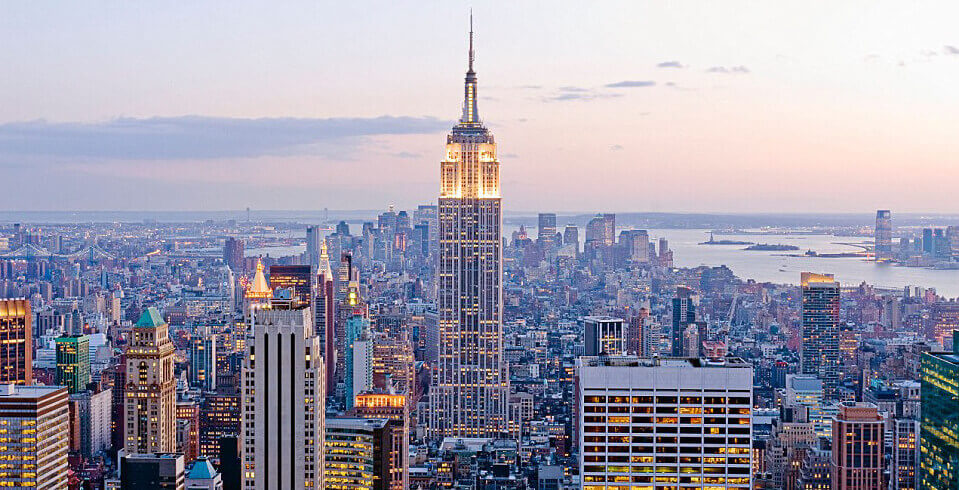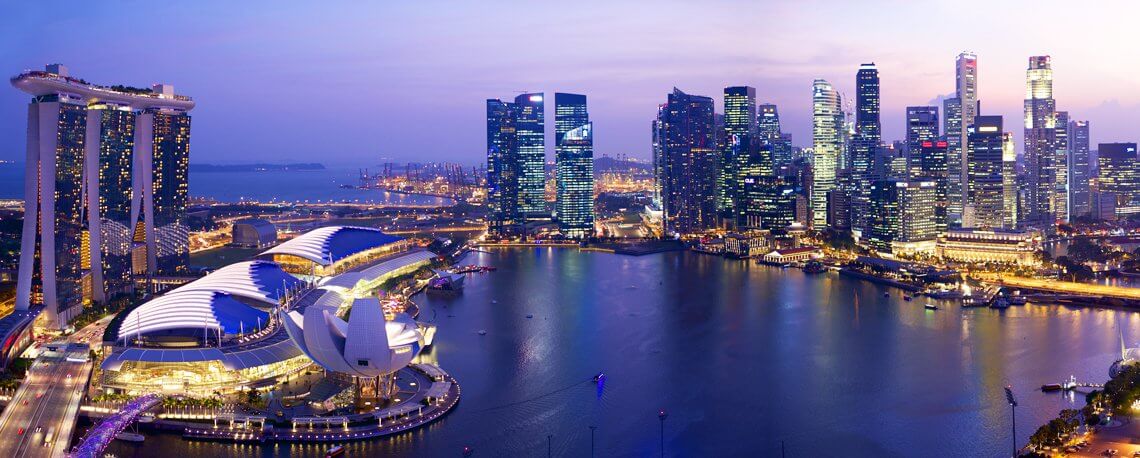Property investors are eyeing overseas property markets to diversify their portfolio for the avoidance of being overly reliant on one property market only – typically their home market. While Vietnam is considered one of the world’s most attractive markets for real estate investment, there are still some investors that like purchasing properties abroad.
Typically, such Vietnamese buyers would choose to invest into an industrialized country, preferably the United States, Canada, UK or Australia and have some further considerations such as a personal bond with a country such as the previous residence, family members living there or children studying.

However, if the property is not bought for reasons of self-use the rentability, future capital appreciation, as well as tax and remittance issues, are matters that would be strongly considered. While the yield in an industrialized country may be lower, buyers bank on the value increase over time and in line with the further economic growth of a country or even particular city. London is a perfect example, with many nationalities investing in property there, often not even for the purpose of gaining rental income.
Overseas property investments for business can be in various forms. Often the acquisition of a property is closely related to investment into an actual business, be it in the form of operating assets or as a residence when an investor moves abroad and does not wish to rent.
In recent years, particularly the United States property market was in high demand with foreign buyers, with an increasing amount coming from Vietnam. Considering Vietnam’s size and development stage of the economy and population, the share of property investment in the United States was rather significant. Given that the United States is home to approximately 1.8 million Vietkieu, it is often the first consideration for those who are looking to establish a new life abroad.
The EB-5 visa program is the first consideration of foreign investors looking to obtain a green card and permanent residence in the U.S. With a minimum investment of USD500,000 into a commercial business and within a set of terms and conditions, the foreign investor can apply and be granted the EB-5 visa without major difficulty. Between 2014 and 2015, the applications from Vietnamese national for the EB-5 visa increased by 131% with further growth thereafter.
Given that Vietnamese property investors are still relatively inexperienced compared to their peers in Singapore, Hong Kong or Mainland China, lifestyle purchases – particularly outside the country – are still rare for Vietnamese buyers.
With over 3,000 km of coastline, beautiful beaches and mountain landscapes, there is no place to look further for a holiday home. However, having a residence in a major international metropolis is a great status symbol and can be an excellent lifestyle choice for local buyers.
 More often than not, Vietnamese overseas buyers invest for their children’s residence as part of an educational stint at a university abroad. Most commonly Australia, the United Kingdom and the United States would be top choices for overseas education, a field that has grown significantly over the past few years with increasing affluence of Vietnamese households. The United States alone welcomed over 18,000 Vietnamese students in 2014/15, an increase of over 410% within a decade.
More often than not, Vietnamese overseas buyers invest for their children’s residence as part of an educational stint at a university abroad. Most commonly Australia, the United Kingdom and the United States would be top choices for overseas education, a field that has grown significantly over the past few years with increasing affluence of Vietnamese households. The United States alone welcomed over 18,000 Vietnamese students in 2014/15, an increase of over 410% within a decade.
Instead of paying rent for their children’s three to four-year term abroad, parents make the wise financial decision of purchasing a home which, at the same time as providing accommodation, will also increase in property value. This makes for an attractive proposition who can afford it.


 More often than not, Vietnamese overseas buyers invest for their children’s residence as part of an educational stint at a university abroad. Most commonly Australia, the United Kingdom and the United States would be top choices for overseas education, a field that has grown significantly over the past few years with increasing affluence of Vietnamese households. The United States alone welcomed over 18,000 Vietnamese students in 2014/15, an increase of over 410% within a decade.
More often than not, Vietnamese overseas buyers invest for their children’s residence as part of an educational stint at a university abroad. Most commonly Australia, the United Kingdom and the United States would be top choices for overseas education, a field that has grown significantly over the past few years with increasing affluence of Vietnamese households. The United States alone welcomed over 18,000 Vietnamese students in 2014/15, an increase of over 410% within a decade.